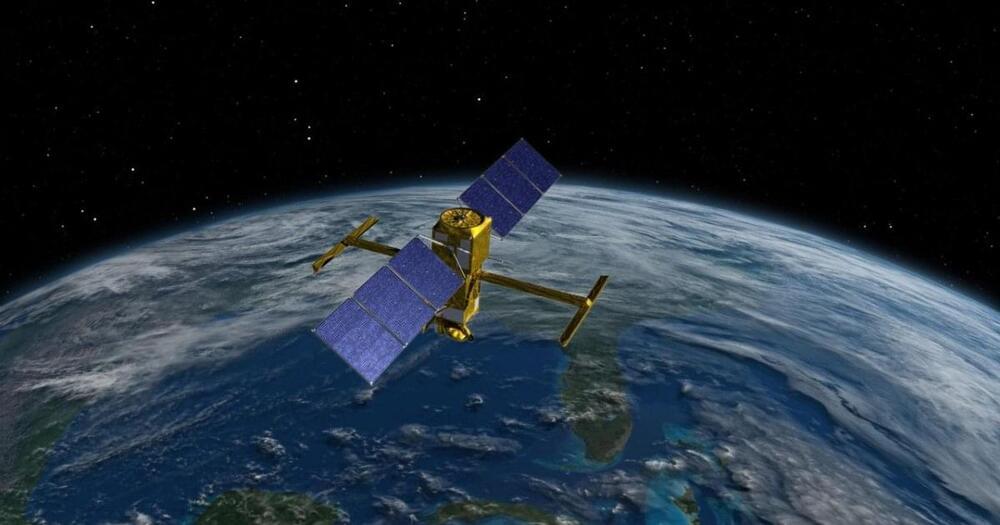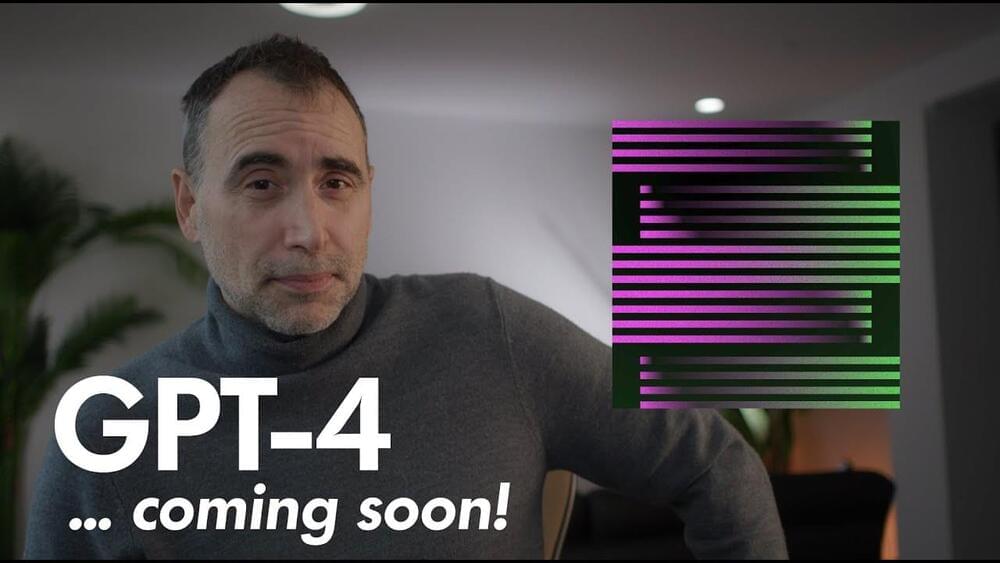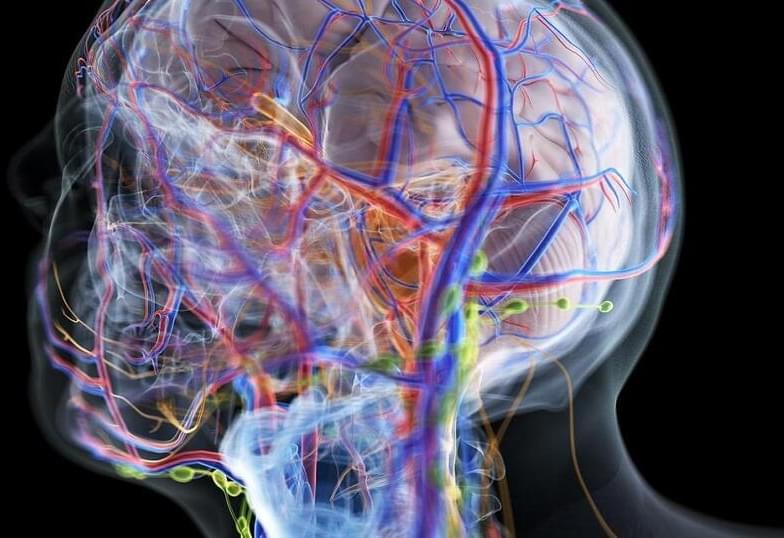
We may have evolved to be “naive realists,” guided by a deep subconscious intuition that we perceive the world as it truly is. In practice, perhaps, our reality could be described as “augmented” with our assumptions about the world. These assumptions are acquired through our limited means of learning, distorted by cognitive and motivational biases. We shouldn’t be too harsh on our brains, though. Just imagine what it must be like for them – confined to Plato’s cave of the skull, tasked with assembling an accurate picture of the outside world from a barrage of noisy electrical signals.
We often mistakenly assume that every child’s mind is a blank slate before they start formal learning. However, current research suggests that we begin to rely on underlying assumptions about the world quickly after we are born. Infants already have basic physical expectations and are surprised when the behavior of objects contradicts them. Implicit assumptions about the world, which develop during infancy and continue into adulthood, direct our basic perceptual and motor activities. You may have experienced them when picking up a milk carton you didn’t know was empty: your hand unexpectedly flew up as your brain overestimated the amount of effort required to lift the carton. Our inability to “unsee” an optical illusion – even after observing it multiple times and clearly understanding its mechanics – also suggests the resiliency of our expectations.
If our beliefs are so unreliable, why do we place so much confidence in them? As it turns out, the feeling of certainty in our convictions is merely a physical sensation akin to hunger. This feeling may have evolved as a “circuit breaker” to help our ancient ancestors with instant life-and-death decisions. Any uncertainty could delay immediate action and spell disaster. As a result, we appear wired to experience discomfort in the face of uncertainty. Our intuition may suggest that our confidence must grow as we gain skills. Yet, in practice, the more we learn, the more we realize how much there is to know. The famous Dunning-Kruger chart illustrates how we start out overconfident in our understanding and then become more humble as our expertise increases. Since we are likely to be unaware of our hubris, we need to learn strategies to avoid overconfidence and identify our misconceptions. As always, it is best to start early.


















